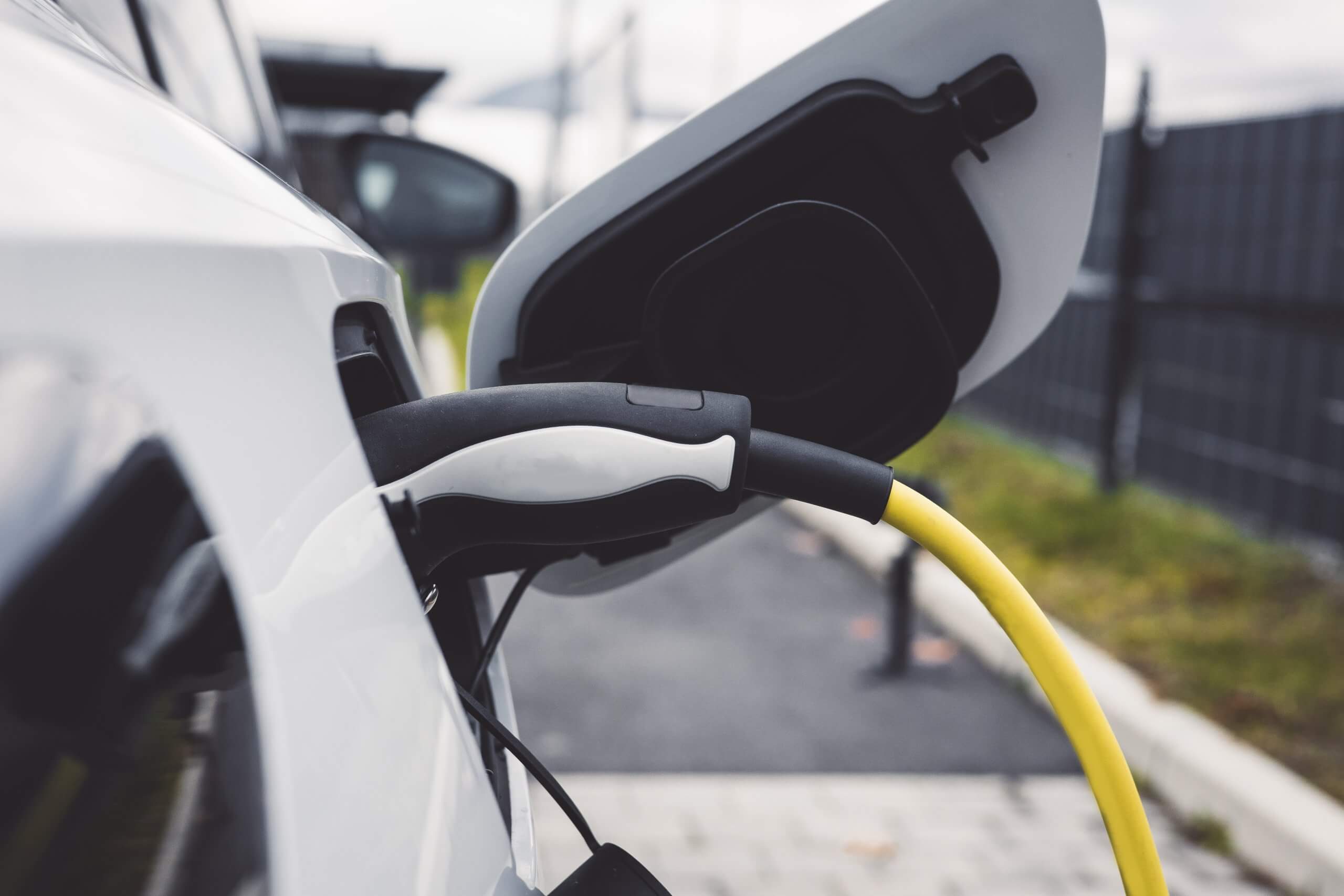However, concerns about the safety of electric vehicle batteries and the risk of electric vehicle fires have also surfaced. Understanding the causes and taking necessary precautions are crucial steps in ensuring the safety of EVs.
The Luton catastrophe
The awful fire incident at Luton Airport car park resulted in substantial structural damage, causing extensive disruptions for tens of thousands of passengers. Flights were forced to divert or worse, cancel – leading to the need for alternative transportation and accommodation arrangements.
Up to 1,500 vehicles were present in the car park at the time of the fire. Although it’s suspected that the fire originated from a diesel vehicle, the heat from a malfunctioning lithium-ion battery could also have potentially triggered fires in nearby vehicles, especially when exposed to high temperatures or damage.
Understanding the causes
Battery malfunction
The lithium-ion batteries used in EVs can, albeit rarely, malfunction or overheat, leading to a fire. Manufacturing defects, damage from accidents, or charging malfunctions can all contribute to these issues.
Impact accidents
High-impact collisions can damage the battery pack, potentially causing a thermal runaway—a chain reaction where one cell failure can cascade to others, resulting in a fire.
Improper charging
Using incompatible or damaged charging equipment or attempting to fast-charge beyond the recommended capacity can pose risks, leading to battery overheating and potential fire hazards.
Safety precautions
Regular maintenance
Routine check-ups by certified technicians can help detect any potential issues with the battery or other electrical components. Timely maintenance will then prevent unexpected malfunctions.
Proper charging practices
Adhering to manufacturer recommendations for charging, using certified chargers, and avoiding extreme charging conditions can significantly reduce the risk of battery-related incidents.
Emergency response training
Educating emergency responders, such as firefighters and law enforcement, on handling EV-related incidents is crucial. Specialised training equips them to manage situations involving electric vehicle fires effectively.
Thermal management systems
Advanced thermal management systems in EVs help regulate battery temperatures, reducing the risk of overheating and subsequent fire incidents.
Parking considerations
Parking EVs in designated areas away from flammable materials or locations equipped with EV-specific fire suppression systems can mitigate risks in case of a fire.
Responding to EV fires
Evacuation
In the event of an EV fire, prioritising safety by evacuating the immediate area and moving a safe distance away is paramount.
Contact authorities
Alert emergency services immediately and provide accurate information about the situation, including the vehicle model, location, and any potential hazards.
Avoid water usage
Fire services typically avoid putting an EV fire out, and rather allow it to burn out in a controlled manner. However, in confined spaces like car parks, firefighting might be necessary, demanding more than double the water required for extinguishing traditional internal combustion engine vehicle fires.
Using water to extinguish an EV fire might not be effective and could pose additional risks due to the high voltage system. Emergency responders should use specialised equipment designed for electrical fires.
Coopers Fire
Electric vehicle technology continues to evolve, and safety measures are continuously improving. While the occurrence of EV fires is rare, understanding the causes and implementing safety precautions are essential steps towards ensuring the safety of EV drivers, passengers, and responders.
Awareness, proper maintenance, and adherence to recommended practices significantly contribute to mitigating risks associated with electric vehicle fires. Get in touch to learn more.


